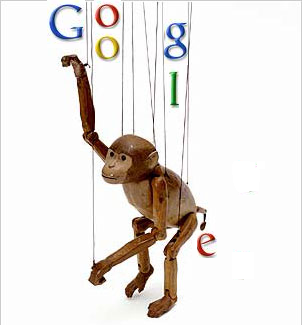Iraq, a mom, and a cold hard truth

{ Podcast @ 2.5 mins.) I'm not exactly big on publicity stunts as a means of social action, though I am aware that in American politics such techniques have been effective in the past.[1] Cindy Sheehan is an American activist whose son was killed during his service in the Iraq War. She reasoned that setting up personal peace camp outside President George W. Bush's Texas ranch would be an effective way to demonstrate against the administration's Iraq war policies. Recently, she has decided to end her public camping demonstration. However, she did so with an extraordinary synopsis of her position:
The U.S. troops in Iraq "have been abandoned there indefinitely by their cowardly leaders who move them around like pawns on a chessboard," she lamented, saying she would return to California to rebuild her life.
"I am going to take whatever I have left and go home. I am going to go home and be a mother to my surviving children and try to regain some of what I have lost."
She added: "I have been called every despicable name that small minds can think of and have had my life threatened many times.
"The most devastating conclusion that I reached this morning, however, was that Casey did indeed die for nothing.
"His precious lifeblood drained out in a country far away from his family who loves him, killed by his own country which is beholden to and run by a war machine that even controls what we think.
"I have tried ever since he died to make his sacrifice meaningful. Casey died for a country which cares more about who will be the next American Idol than how many people will be killed in the next few months while Democrats and Republicans play politics with human lives."[2]
I think this one of the coldest, most realist remarks I've heard about the American public consciousness concerning Iraq. In my opinion, the reason there is so little social action on the US cultural radar is due to the US fielding an all-volunteer force -- those people who join seeking the advantages of economics, adventure, or whatever. As long as the American people are not forced to send their sons and daughters to support this idiotic administration's favorite foreign policy hobby, the nasty dog of populism will slumber quietly.
Stipulating that her son is in evangelical heaven, and that Mrs. Sheehan will eventually arrive there too, I can only surmise her son would soon enough remark, "Mom, you were so right."
REFERENCES
[1] "Opposition to the Vietnam War" Wikipedia (Accessed 5/29/07)
[2] "Dead U.S. soldier's mom calls it quits as antiwar symbol" CBC News (Accessed 5/29/07)
O.
Labels: Amercian Culture, Cindy Sheehan, George W. Bush, Iraq war








